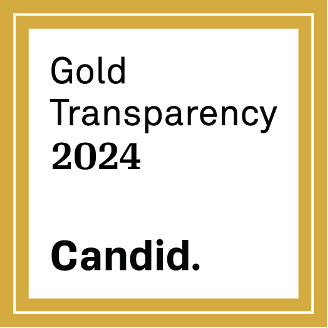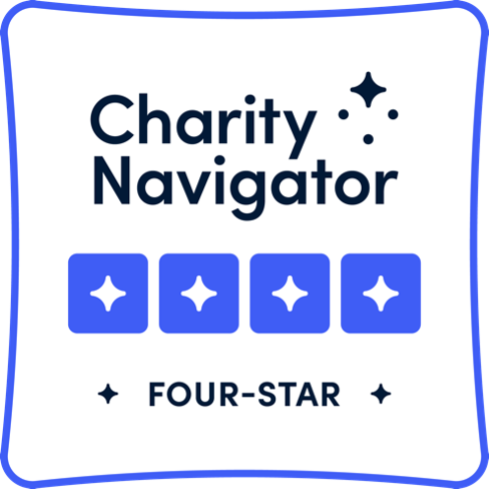Did you know that one of the strongest predictors of success in school and in life is whether a child can read proficiently by the end of third grade? Yet, within the 13 counties of metro Atlanta less than half of all 3rd graders are reading proficiently.
Many things contribute to the achievement gap, but one of the biggest factors is summer. As soon as the school year ends, children in under-resourced communities begin falling behind their more privileged peers. They start the summer slide. By the fifth grade, summer learning loss can leave low-income students two-and-a-half to three years behind their peers.
Recognizing the significance of this issue as part of United Way of Greater Atlanta’s Strong Learners portfolio to increase overall Child Well-Being, in 2018 the United Way and the Georgia Statewide Afterschool Network (GSAN) commissioned the National Summer Learning Association (NSLA) to conduct a landscape assessment of summer learning programs in the Atlanta region. The findings of the community assessment based on NSLA’s Community Indicators of Effective Summer Learning Systems (CIESLS) led to the release of “Summer Matters: A Community Landscape Report” in October 2019. While many children and youth across Greater Atlanta are offered a variety of programming, persistent gaps still exist between low-income students and their more affluent peers. These disparities widened during the pandemic as families reported lack of access to technology and other resources that prohibited some students from participating and engaging in distance learning.
In our efforts to ensure a regional summer learning agenda and increased and coordinated funding from public and private sources, United Way partnered with GSAN to convene a regional Summer Learning Council with the primary aim of increasing access to and strengthening the quality of Greater Atlanta’s summer learning landscape. The council was comprised of community and civic leaders, philanthropists school officials, state agency leaders and summer learning program providers. The council’s work resulted in actionable recommendations informed by input from young people, families, summer learning program providers, and community partners.
These recommendations reflect the unprecedented sense of urgency, calls to action, and investment of resources from multiple levels of government to increase access to, and expand the role of, summer learning programs. Summer 2022 is an opportunity for philanthropy and public funders to support school district and summer provider partnerships, improve teaching and learning year-round by testing new hands-on instructional strategies, rethink learning environments, and ensure the social and emotional supports students need are available following the disruptions of the last few years.
A critical piece to this work is understanding the choices families and youth are making for summer, what is already happening in our region, and how we best support those choices through quality assistance and access. As we collectively look to bring greater attention to and strategic investment in summer learning opportunities, GSAN and United Way plan to update the 2018 landscape assessment. The updated map and data will not only paint a more robust picture of where young people are and gaps in access, but also how the pandemic has impacted summer learning in the region.
Community members and regional leaders can join us by investing in quality summer learning across our region through a coordinated and informed summer learning strategy. Learn how to support this work here.
This story was previously published on SaportaReport.com.





